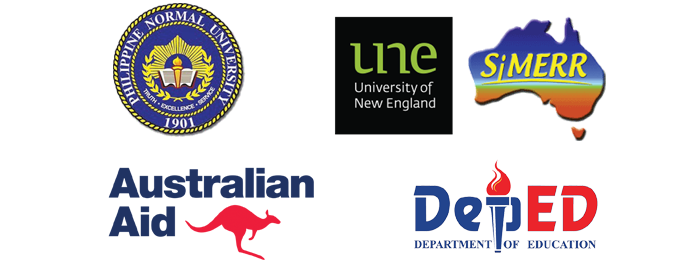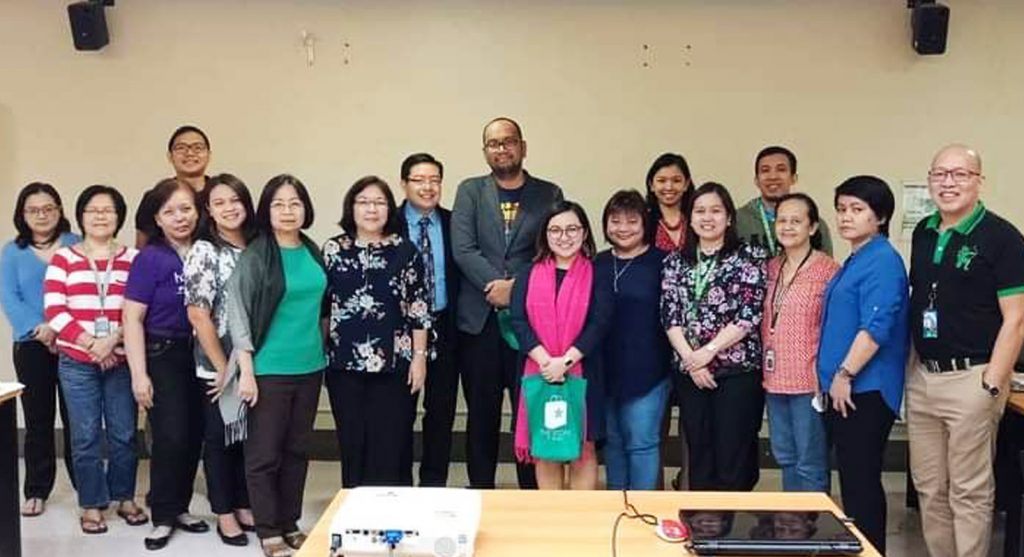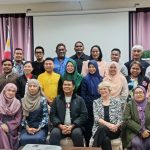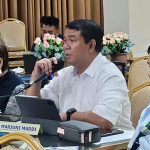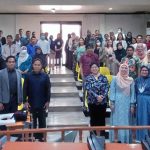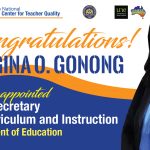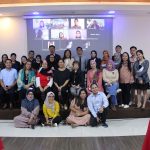CQA helps transform DLSU teacher ed programs, supports students to be reflective lifelong learners
Dr. Aireen Arnuco, Associate Dean of De La Salle University-Manila Br. Andrew Gonzalez College of Education, recalls how joining the second batch of teacher education institutions (TEIs) who partnered with RCTQ on the conduct of their respective Curriculum Quality Audits (CQA) helped transform their teacher education curricula.
“Our CQA journey started in 2017, focusing on our professional education courses. With the help of RCTQ, we were able to follow the CQA protocols. We came up with our own audit matrices. This was when we saw some patterns, gaps, and some areas that needed to be addressed in our curriculum,” shared Dr Arnuco. “We also gathered some insights from the exercise.”
CQA is a distinctive form of curriculum mapping which is anchored on the Philippine Professional Standards for Teachers (PPST). It exemplifies best practice in curriculum development which enables program heads and course teachers to align the teacher education curriculum with the PPST; identify and address gaps, under- and over-representation of the PPST in pre-service teacher education programs; and achieve constructive alignment by intentional alignment of course learning outcomes, content and assessment.
These gaps, Dr. Arnuco said, include the lack of focus in mother tongue in their previous curriculum which is among the Beginning Teacher Indicators (BTIs) in the PPST. This has been addressed in their current curriculum revised in 2018.
“Our students on Early Childhood Education now know the background of mother tongue-based multilingual education and the pedagogy in teaching the mother tongue especially for K to 3 in public schools,” Dr. Arnuco said.
Another insight that the DLSU team gathered from their CQA experience was the need to respond to the needs of indigenous learners in the teaching and learning process.
Dr. Anne Marie Ramos, chair of the Educational Leadership and Management Department, shared that since they have students coming from indigenous communities, it is imperative for this indicator to be integrated in their curriculum.
Indicator 3.5.1 of the PPST expects beginning teachers to “Demonstrate knowledge of teaching strategies that are inclusive of learners from indigenous groups.”
One experience that Dr. Arnuco considered a highlight of their CQA was how they saw the provision for reflective learning “which allows students to reflect on their learning and to develop a philosophy of their teaching.”
“When we did the CQA on many of our syllabi, this particular competency on reflective learning was addressed. It reflects and supports our university’s target which is for our every student to be a reflective lifelong learner. That’s a good indicator for our ELGAs, which is also aligned with outcome-based education, the goal of CQA,” said Dr. Arnuco.
ELGAs or the Expected Lasallian Graduate Attributes (ELGAs) focus on the knowledge, skills and attributes that graduates should acquire and demonstrate in their course of studies and internships as evidence of accomplishing the university’s vision-mission.
DLSU’s College of Education has five departments—Counseling and Educational Psychology, English and Applied Linguistics, Educational Leadership and Management, Physical Education, and Science Education. It has around 500 undergraduate students and 1,000 graduate students.
“Because we have a bigger population in our graduate school, it would be good to look at our graduate curriculum,” Dr. Arnuco said on their plan to continue doing CQA beyond the undergraduate level.
Looking ahead, DLSU also intends to audit their science education curriculum from undergraduate to graduate programs, a plan that has taken a backseat due to the pandemic.
“Our science education department has a clear vertical articulation of programs from undergraduate all the way to PhD programs, so it would be good to also audit these programs against the whole continuum of the PPST from beginning to distinguished career stages,” Dr. Arnuco said.
She also expressed how the PPST has become an instrument in refining their teacher education programs.
“The PPST makes explicit what to expect from teachers from pre-service to in-service. The standards are very clear. It’s a convenient way to look at our curriculum. We did it for professional education courses; now, we plan to do it for our specialization courses,” Dr. Arnuco added.
https://www.rctq.ph/?p=3116FeatureCurriculum Quality Audit

